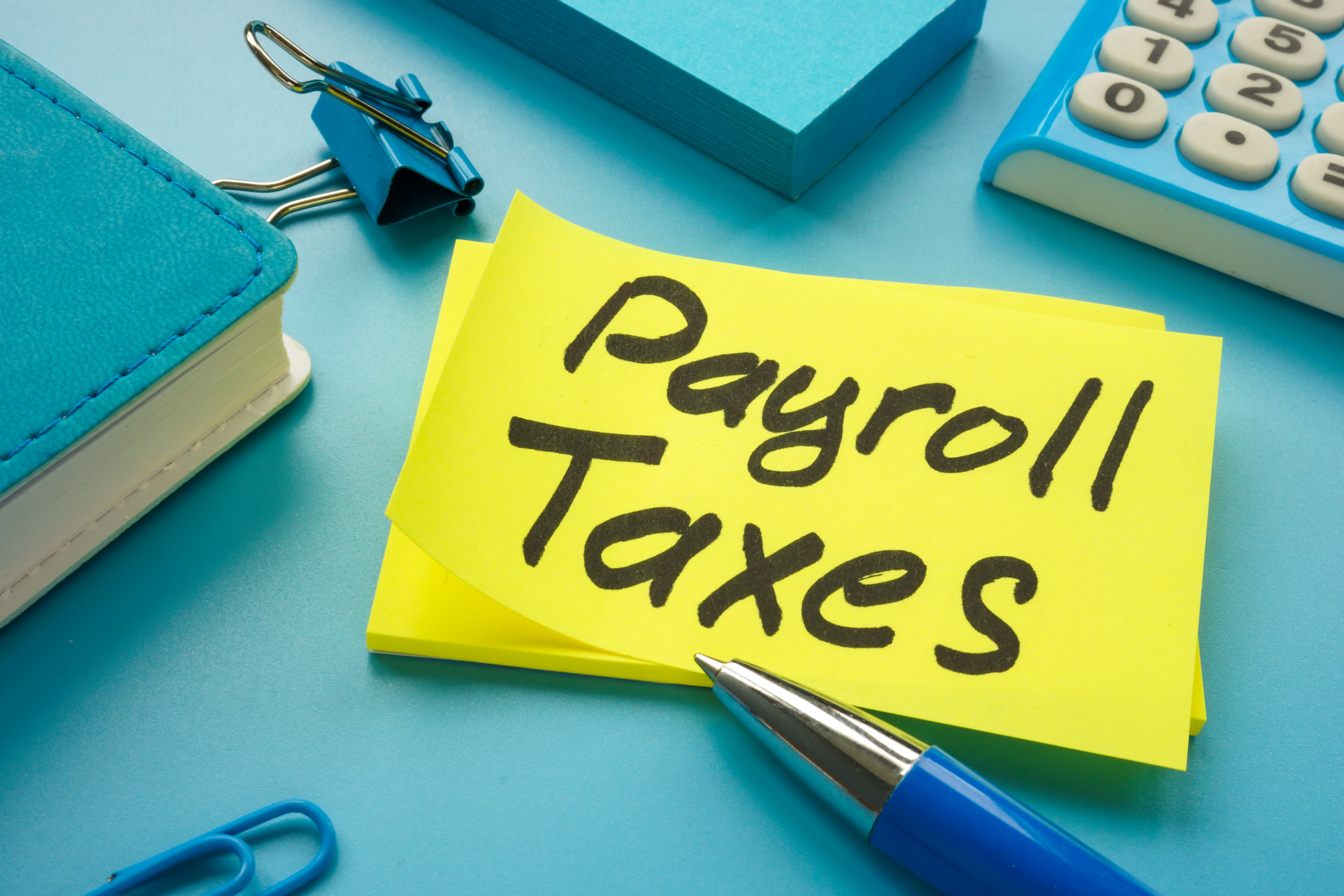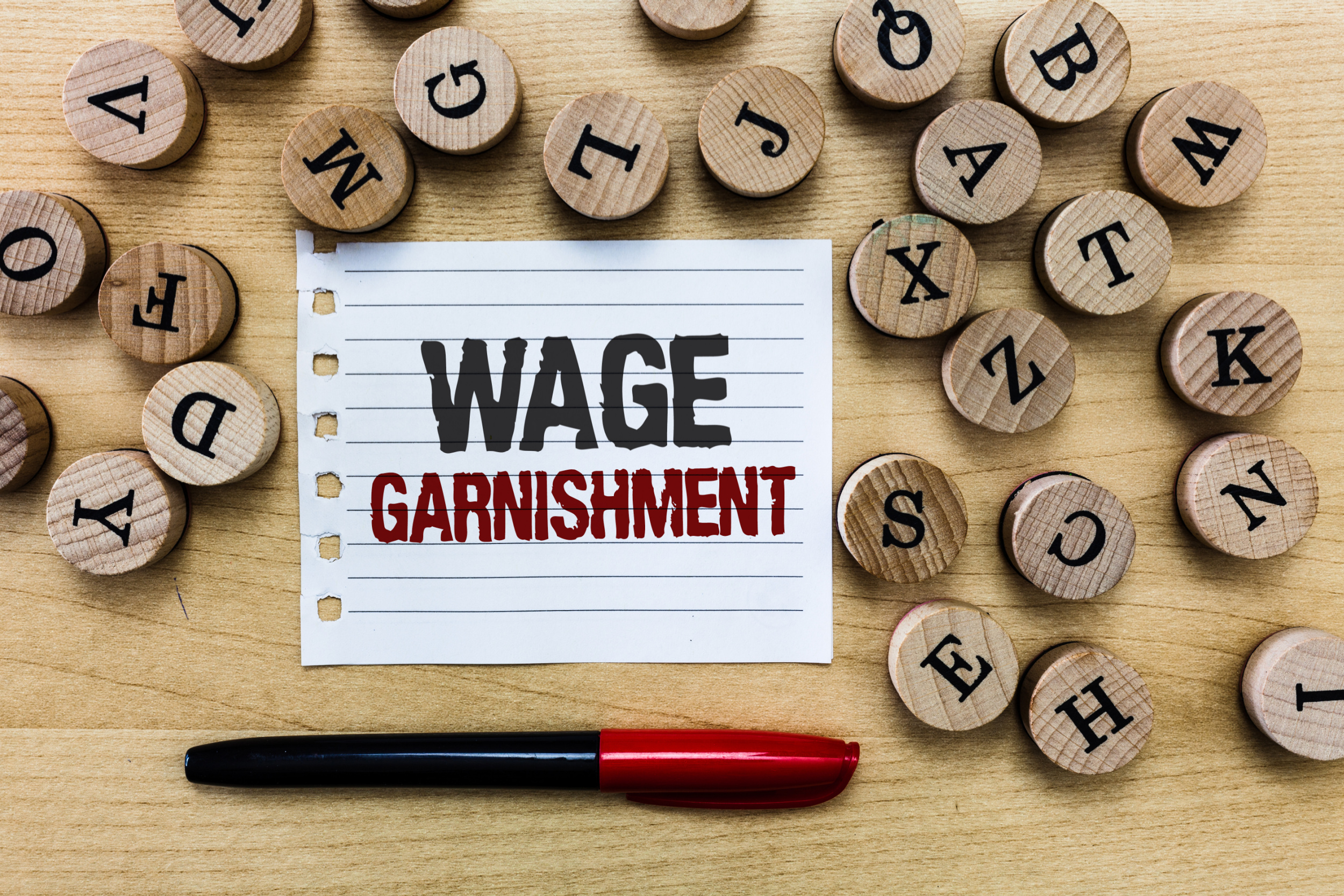TAX LEVY
A tax levy is the stuff of nightmares — and it’s a sign that you’ve let your tax problems get away from you. A tax levy allows the IRS to garnish your wages or even seize your property to settle your tax debt. IRS wage garnishment and property seizures are real and every bit as intimidating as you can imagine.
A tax lien isn’t the same as an IRS levy. A lien is a claim on your home or office. When you sell it, the IRS gets what you owe first, before you get anything. A levy is a legal seizure of your property. The type of property that the IRS can legally take away from you includes:
- Funds from your bank
- Assets in other financial accounts
- Real estate
- Vehicles
- Personal property, such as art, electronics, furniture and other items of value
If you’re hit with a Final Notice of Intent to Levy and Notice of Your Right to a Hearing from the IRS, it’s not too late to call G-Tax.
Don’t wait for this shoe to drop. Take action before the IRS resorts to seizing your property. The expert can prevent this from happening to you. It can start at the beginning of the year with good tax planning advice, but if you find yourself on the verge of an IRS levy, it’s much too late for that.
THE BAD NEWS
The IRS initiates a tax levy usually after trying other forms of collecting the taxes you owe. So if you receive a notice of levy from the IRS, you’re either ignoring all the other correspondence that the IRS has sent you or your personal or business accountant is patently misleading you. That would never happen if you’d hired Miller & Company with offices in NYC and Queens. In addition to being excellent tax accountants, they’re honest, ethical and communicative.
The IRS resorts to a levy if your case meets the following three criteria:
- You’ve received a Notice and Demand for Payment, which essentially is a bill for the taxes you owe.
- You have not yet paid the tax debt.
- You’ve received the Final Notice at least 30 days before any action can begin.
If you recognize any of these situations, you need to take immediate action to avoid the levy from taking place. To protect your personal assets, you need help — and fast. Call G-Tax and be ready to cooperate.
WHAT HAPPENS DURING A TAX LEVY
Not to unduly frighten you, but if you really owe the IRS thousands of dollars in unpaid taxes, penalties, fines and interest, you may be subject to a tax levy. If you’ve exhausted your options, including appeals, your tax levy proceeds. Depending on how much you owe, your real estate — your house, office space or other real property — can be seized and auctioned to raise the money you owe.
If the auction doesn’t raise enough money to cover your debt to the IRS, you’re still on the hook for the balance. It’s possible the IRS could seize more property to cover the balance. If the auction raised more than you owe, you have to file a claim to recover the balance; it’s not automatically returned to you. No matter how wealthy you are, a tax levy hurts. It hurts you financially and emotionally. It also hurts your reputation, since the auction is always a local affair, so your neighbors find out.
WHERE YOUR TAX PROBLEMS BEGAN
Successful individuals, high-ranking executives and wealthy business owners all can use expert tax advice. Some of the issues that can lead to an IRS levy include:
- Using a tax accountant who disappears or doesn’t respond to your calls
- Not filing tax returns
- Having unpaid back taxes
- Ignoring the results of an IRS audit
None of these situations lead directly to an IRS levy, but all of them are signs that you’re having tax issues. Don’t let your problems get worse. Take action sooner rather than later.
CALL FOR REINFORCEMENTS
As soon as you suspect you may have tax issues, get in touch with a tax specialist — someone who knows how to protect your wealth, a firm that’s solidly in your corner; in other words, Miller & Company — to help right your financial ship. The tax accountants at this firm can come to the rescue. But the earlier you call, the easier that rescue will be.
So don’t wait until you get that notice of levy letter in the mail from the IRS. Let G-Tax provide these preventative tax services for you:
- Tax planning
- Tax audit
- Tax returns preparation
- Self-employment accounting
- Small Business consulting services
ONCE YOU FACE AN IRS LEVY
If you’re facing a tax levy, you need immediate help. For this reason, G-Tax can also step in to offer:
- Tax resolution services
- Tax representation
- To file an appeal of the IRS levy decision
- Solutions to IRS wage garnishment
- Ways to stop IRS seizures
- To set up an IRS payment plan
- To negotiate an Offer in Compromise
Your tax expert meets with you and reviews your situation — and your books — to determine the best path to take to avoid the IRS levy. Sometimes, the solution is simple: prove to the IRS that you’ve paid what you owe. Other times, the tactic you take may be complex, depending on the amount you owe and how far down the path to a tax levy you find yourself.
To avoid an IRS levy, hire a professional expert who looks after your interests. You won’t have to worry about the IRS when a tax expert files your taxes every year. Just make sure you pay the taxes you owe promptly. If you disagree with the amount you owe, don’t ignore it; get the help you need to petition the IRS on your behalf. That help can come from G-Tax.


